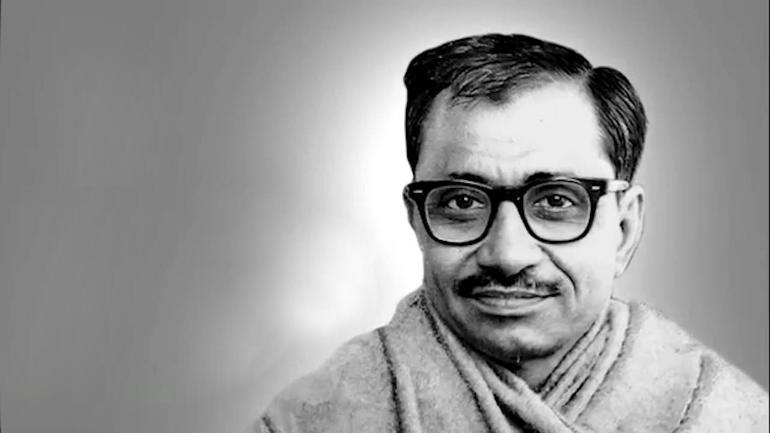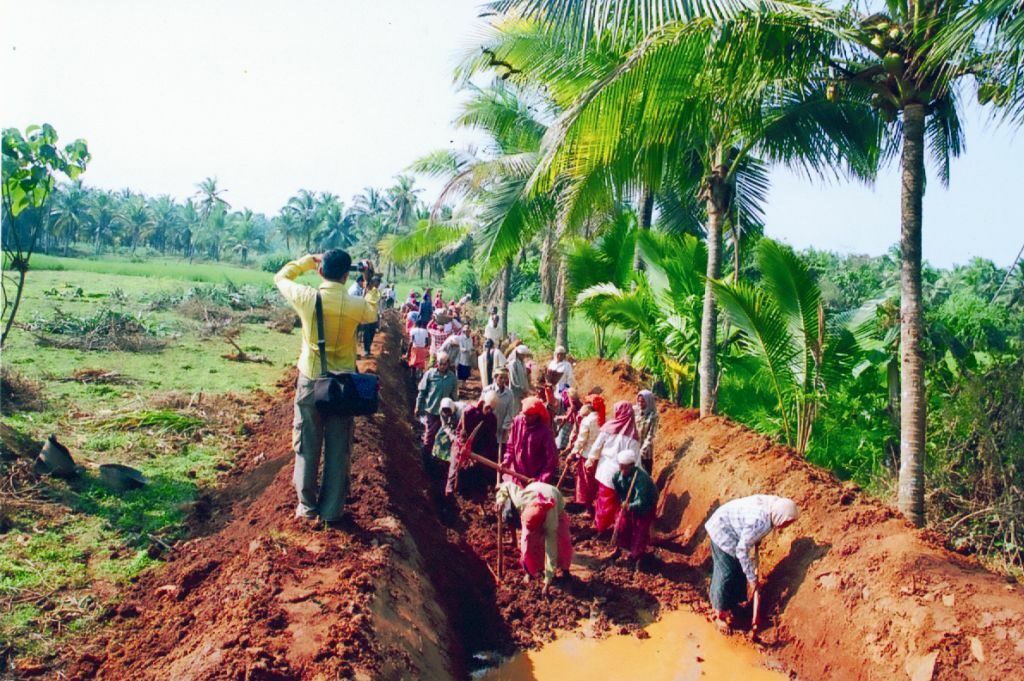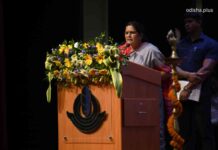By Bhabani Mohanty
While trying to see different participative model, I realized that there is lot of literature available around power divulsion, participative democracy and strengthening rural economics. To build a sustainable India, it is pertinent that India becomes stronger in the rural belt. Influx of youth to larger cities is creating economic imbalance, environment hazard, emotional disconnect and village alienation.

Being from corporate background; I read “Fortune at the Bottom of the pyramid” by CK Prahland and Gandhi’s literature around rural economics. Also to some degree; it connects with Pandit Deendayal Upadhyaya’s “ Antodaya” philosophy. Let me try to create a framework looking at all these literatures.
Wealth Distribution: Over a period of time India has become a welfare state where Govt is the sole proprietor of distribution of wealth. This has created an enormous imbalance across different countries across globe; where utilization of optimum human potential is stalled because Government becomes the “Rehenuma (Sole Protector)” of people. Where I am a firm believer that wealth has to be distributed at the bottom strata of society; it has to be done in a way which harness their potential rather than limiting it. I suggest a wealth distribution framework which is specific to each village rather than uniform across and local authorities like BDO become accountable along with Village committee to implement this.
Gram Budget Allocation: Our budget allocation process has been defined in such a way that “Finance Minister” at the top decides the budget plan and it gets distributed across country. So power remains with Government than citizen; where Government decides on the requirement of a village through an uniform plan. If a budget of a village can be drawn with village committees and presented as a budget for the village within the stipulated limit and based on requirement of village. E.g. if a village requires to set up a cold storage facility to protect it’s crop, then so be it rather than providing free LPG cylinders. Different villages have different requirement and we create budget by generalizing the requirement doesn’t help. This can be drawn for 5 years and can be revisited every year if required because of environmental changes.

Village as Profit Centre: Each village can work as a profit centre where farm, handicraft and other earnings can be accounted for and see budget vs the performance every year. Villages gets point on their development index and additional benefits can be provided to different villages by enhancing budget etc through which rural employment issues also can be tackled.
Rural Employment: With a self-sufficient village and with help of Govt and Private partnership through self determination process, rural employment can get significant boost.

Last Mile Fiscal Management: A village can be directly connected with planning commission/Niti Ayog, Finance Ministry through last mile village resource planning on tech backbone to do aggregation of requirement vs budgetary position to determine national budget. After GST implementation it would be much easier to determine which are the state related expectation and which are centre related expectation in this framework
To make this successful, there are 3 pillars has to be worked out coherently; they are:
a. Roles of different stakeholders like, Village Committee, Sarpanch, BDO, District Collector, State, Centre etc
b. Capability at the village level to capture, create and segregate budget requirement vs revenue plan for villages
c. Change Management for different layer inside Govt System to create last mile acceptance towards technology integration.
Now Question is what a state and centre would do if villages are going to decide everything related to requirement etc. Governments would focus on creating larger policy decision, overall fiscal management, focus on futuristic curriculums, defence preparedness, scientific and innovation rigour and external affair & relations.
If we can propagate involvement at grass root through day to day involvement, we can create a just, cohesive and democratic society rather than making festivity around election every 5 years.

























